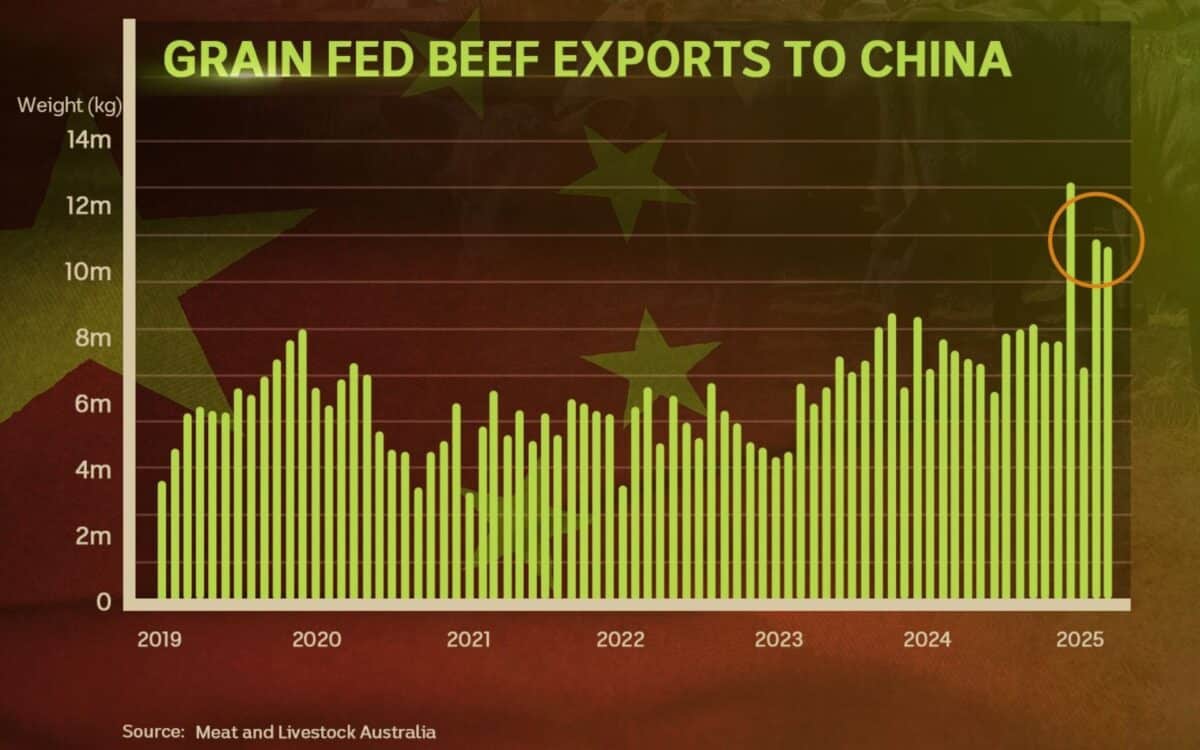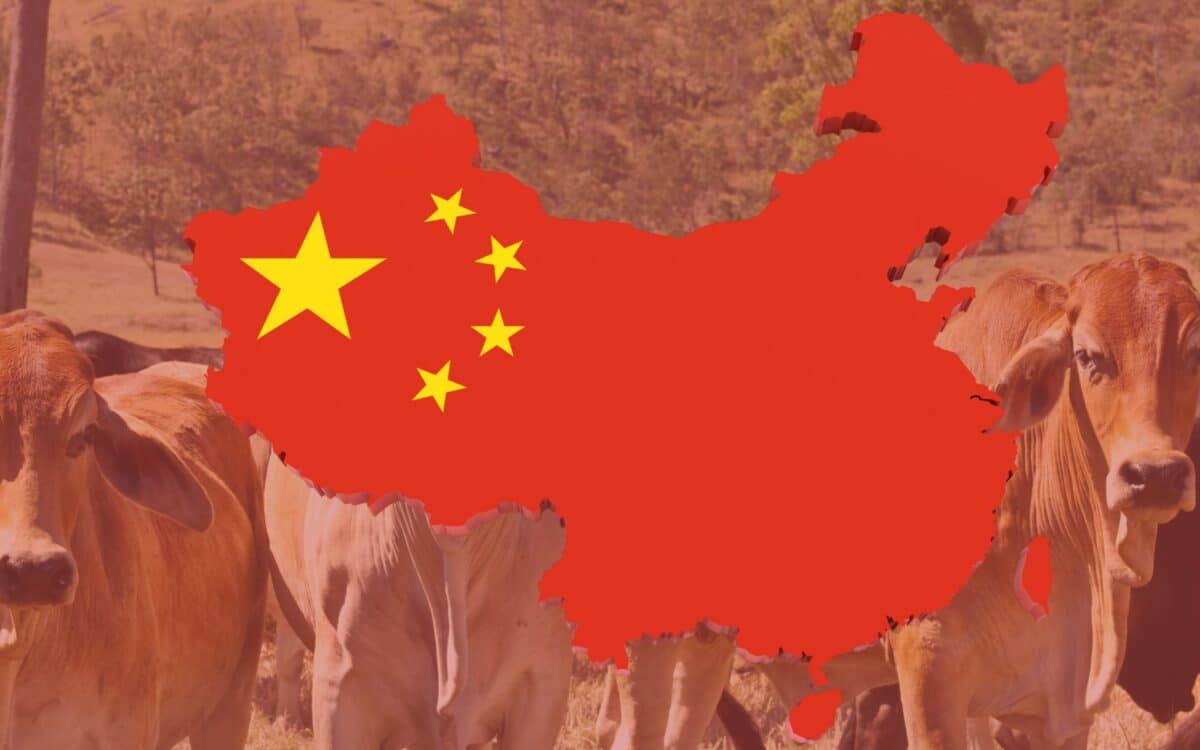The ongoing trade war between the United States and China has caused significant disruptions in the global beef export market, particularly for the US.
In March 2025, around 300 US abattoirs were still awaiting the renewal of their export licenses, resulting in a major gap that has given Australian producers a notable opportunity.
The United States had previously been one of the top exporters of beef to China, but due to escalating tariffs and trade restrictions, American beef exports have taken a serious hit. According to ABC News, the trade war has led to a complete halt in US beef exports to China, allowing Australia to step in and capitalize on the situation.
The Impact of Tariffs on Us Beef Exports
China’s retaliatory tariffs have hit US beef exports hard, bringing the tariff rate on US beef to a staggering 116%. This, combined with the ongoing trade dispute, has resulted in the near-total halt of US beef shipments to China. According to the US Meat Export Federation, China
“Had still not renewed the eligibility of any US beef establishments as of mid-March.”
“The majority of US beef production is now ineligible for China,” they added.
This has caused significant disruptions, with the impact on beef shipments being especially severe in March. The federation also stated:
“This impasse definitely hit our March beef shipments harder and the severe impact will continue until China lives up to its commitments under the Phase One Economic and Trade Agreement.”
In 2024, China was the third-largest market for US beef, with exports totaling $1.6 billion (about 2.57 billion Australian dollars). However, with the market now effectively closed due to these tariffs and the lack of renewed export licenses, US beef producers face a serious setback.
Australia’s Opportunity in the Trade War
In the wake of the trade barriers facing the US, Australia has seen a rise in beef exports to China. According to Meat and Livestock Australia (MLA), Australian grain-fed beef exports to China increased by nearly 40% in February and March 2025, with shipments totaling 21,885 tonnes.
Industry experts predict that Australia will continue to be a key supplier of high-quality beef to China, now that US beef exports have dwindled to zero. As Brett Stuart, a global meat analyst, noted:
“Australia is now the lone supplier of high-quality white fat marbled beef into China.”
In light of the global trade situation, Andrew Simpson of Bindaree Food Group commented at a meat processing industry conference saying:
“If there’s a tit-for-tat around the globe and countries like Japan or China push up reciprocal tariffs, it may prevent American beef becoming commercially viable into those regions [and] Australian beef will fill the gap, which could present a short-term opportunity.”
Short-Term Gains and Long-Term Concerns
While Australia’s beef exporters stand to benefit from the US-China trade tensions, there are concerns about the broader economic implications. Shadow Trade Minister Kevin Hogan cautioned that, while the trade war might offer immediate opportunities for Australian beef exports, it could also slow global economic growth, affecting demand for Australian exports.

Rabobank global strategist Michael Every also weighed in, warning that most countries, including Australia, have not yet fully grasped the seriousness of the shifting global dynamics. He emphasized:
“We’re now in an era of economic statecraft where it’s about national security and national interests, rather than inflation or a balanced budget. These are irrelevant points now.”
He added that the broader conflict could come down to the US attempting to:
“Set terms to China, decouple where it can, and then saying to everyone else globally — and particularly in the West, like Australia — so, are you with us or not? And if you’re not, well, good luck to you.”
The Future of Global Trade In the Wake of Tariffs
The US-China trade war is part of a larger trend of economic statecraft, where national security interests outweigh traditional economic factors.
As the US seeks to decouple from China and set global trade terms, countries like Australia will need to navigate the shifting landscape carefully.
While immediate opportunities for Australian beef exports exist, the future of global trade remains uncertain as both China and the US adjust their strategies.
The ongoing situation underscores the volatile nature of international trade in an era of increasing geopolitical tensions. For Australian exporters, this trade war may present both challenges and opportunities, but the long-term outlook remains clouded by the broader economic effects of the US-China dispute.









